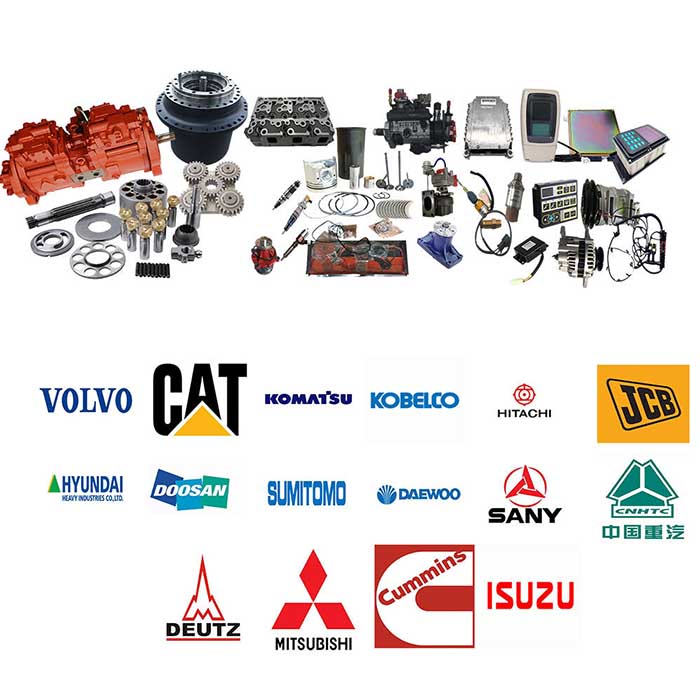Volvo has quietly developed an astonishing electric hydraulic system.
The Volvo construction equipment teams from Sweden and South Korea have been quietly collaborating with the Finnish company Norrhydro to develop an electric hydraulic system. This system is expected to significantly reduce energy loss and improve the fuel efficiency of excavators.
The Volvo construction equipment teams from Sweden and South Korea have been quietly collaborating with the Finnish company Norrhydro to develop an electric hydraulic system. This system is expected to significantly reduce energy loss and improve the fuel efficiency of excavators. The hydraulic accumulator (shown at the rear of the excavator) captures and stores hydraulic power for later use, thereby enhancing performance and reducing fuel consumption.
In a manner similar to the common rail fuel system, all the working functions of the excavator are connected to the hydraulic accumulator through a common pressure rail and two or more pressure lines. These accumulators can recover the kinetic energy and peak power that would typically be lost in traditional systems. For cylinder-driven operations, the "intelligent actuators" convert the hydraulic power into variable forces and speeds. The energy recovery through this system also improves the performance and efficiency of the machine's oscillation function.
All these energy efficiencies translate into smaller engines and cooling systems performing the same tasks as larger systems, ultimately resulting in more work being accomplished with less fuel and fewer greenhouse gases. Moreover, as the available power increases, the cycle time can be shortened, for example, when loading a truck, which helps to improve overall efficiency and bring cost benefits to the contractor.
Volvo is currently conducting customer trials at the site and is expected to accelerate the introduction of this system on the large excavator platform of Volvo Construction Equipment, which is coming soon. The new electric hydraulic system is part of Volvo's electric vehicle plan, aiming to improve fuel efficiency and achieve the company's ultimate goal of net-zero emissions operations.




